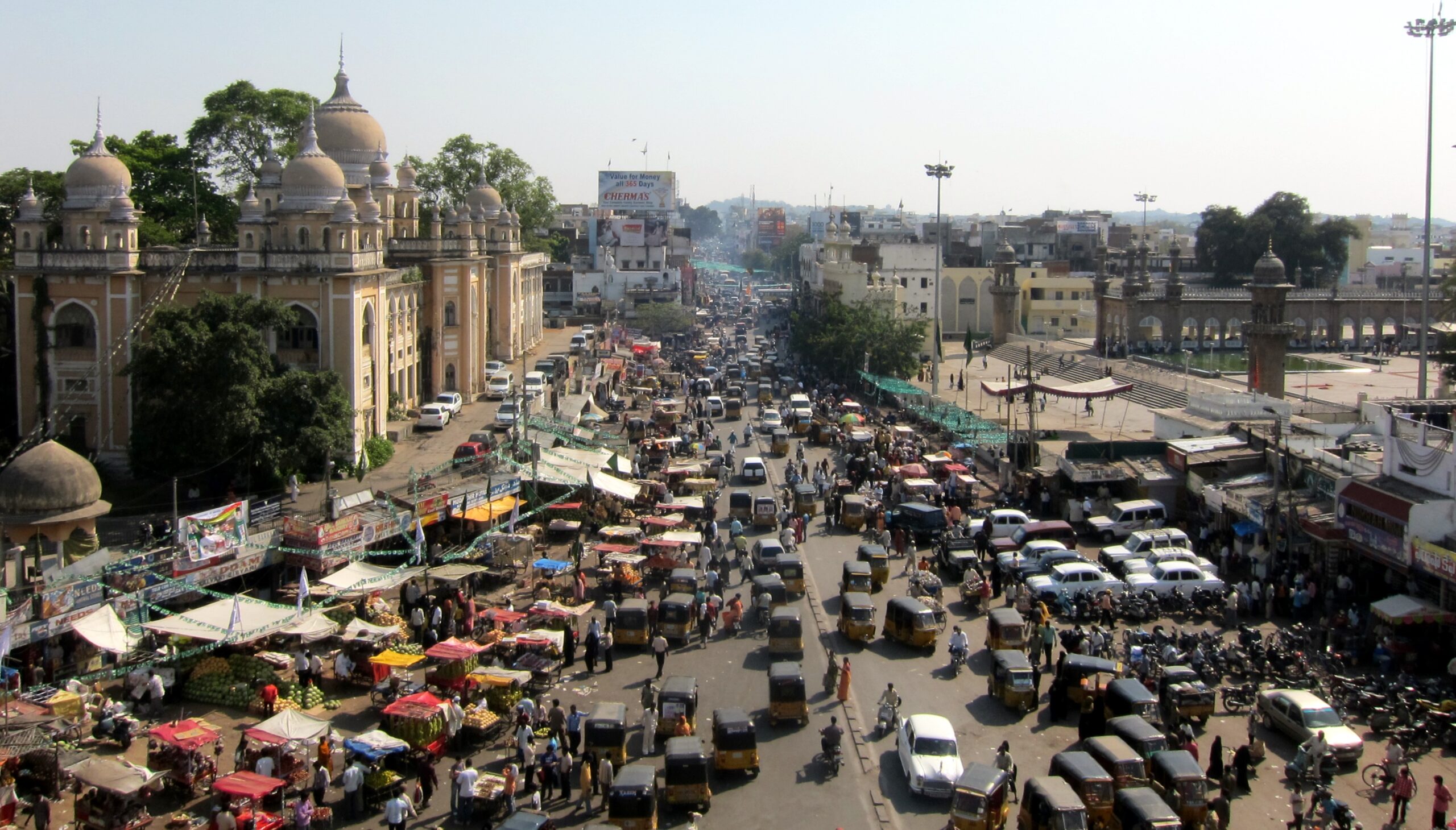Photo: Indi Samarjiva CC 2.0
2017 Crook Fellow Samer Yousif is interning this summer with Ashoka, a nonprofit that supports a worldwide network of social entrepreneurs in their mission to address development issues in their own localities. Here he updates us on his work evaluating the impact of these entrepreneurs’ initiatives:
The capitalist structure has often been criticized for creating institutions that have ingrained inequity in the world. Corporations are seen as profit-maximizing, at the expense of the environment, marginalized populations, public resources, and the greater social good. But what if the private sector, with its innovation, skills, and resources, could be applied to the most pressing social issues facing the planet? That was the mentality behind Bill Drayton’s pioneering idea of social entrepreneurship. He believed that there were people across the globe taking innovative action to create a social impact, in a sustainable and profitable way, and if we could connect and empower them, they could comprehensively address the intractable issues of our time. With that idea in mind, Bill founded Ashoka, a nonprofit organization that empowers social entrepreneurs and is building a network of social innovators across the globe.
Ashoka empowers these innovators in several ways. The organization has created a fellowship program to train, fund, and advise social entrepreneurs to scale their enterprises and impacts. Currently, there are over 3,000 fellows across the globe. Secondly, Ashoka has competitions to spotlight and reward innovative people who have new ideas, as well as courses to train anyone interested in social entrepreneurship. Additionally, Ashoka partners with universities and schools who are committed to social entrepreneurship to create curriculum to foster social impact skills among their students.
As an Impact Evaluation Apprentice at Ashoka, I’ve been astounded by the scope, energy, collaboration, and innovation of social entrepreneurs across the world. I am currently measuring the level of social entrepreneurship in Ashoka’s network. Ashoka conducted a survey of its extended network of over 100,000 people to evaluate the effectiveness of their programs in the social impact space. Respondents provided feedback on what sectors they’re working in, their challenges, needs, opportunities, awards, funding sources, and other aspects relating to their social impact. In my first month at Ashoka I have learned about countless innovations in various sectors across the globe, such as a teenager who created a carpooling app to address heavy traffic in India and an indigenous woman in Canada who is expanding education to her community. These individuals are leveraging their own resources, their knowledge, their networks, and Ashoka’s resources to make meaningful, sustainable change. I’m inspired every day I go into the office by the grit and ingenuity of these fellows.
The traditional paradigm in which we have viewed development has been disproved time and time again. As those most affected by these issues are empowered and supported to utilize their skills and knowledge, progress on issues like poverty and climate change will exponentially increase. With Ashoka, we are forging forward alongside those we help, to create a more equitable world.
This blog post was first published by The Robert Strauss Center at The University of Texas at Austin on 11 July 2017.

